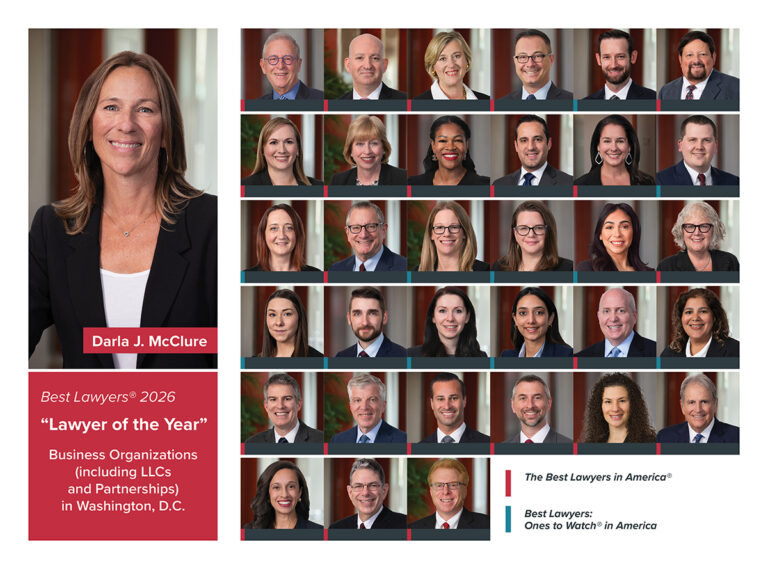April 23rd, 2025
Can Employers Restrict Employees from Having a Second Job?
Posted in: Employment Law Tagged: Darla J. McClure
Author: Darla J. McClure

Having a second job — or moonlighting as it is often called — whether it be as an Uber driver, content creator, part-time retail associate, or owning a side business selling items on Etsy or Facebook Marketplace is not uncommon. Employees in Maryland may have second jobs for a myriad of reasons, whether it be to make more money, pursue their passions and interests, or to start their own business. Whatever the reason, having a second job could run afoul of an employee’s employment contract with their full-time employer, or the employer’s policies governing outside employment.
As an employer you may be wondering what legal protections you have to guarantee your employees are focused on their job and not putting the employer at risk. Concerns include:
- Is the employee satisfying their job requirements by being fully engaged?
- Is the employee adhering to policies involving the employer’s confidential information, including nondisclosure of the employer’s trade secrets?
- Is the employee creating a competing business or working with a competitor to the detriment of the employer?
Here is what you need to know.
Can You Stop your Employees from Moonlighting?
In Maryland, with certain limited exceptions, employers can legally restrict employees from having second jobs. Maryland is an at-will state, which means employers can terminate employees at any time and for any reason except in limited circumstances. Employers in at-will states are allowed to set and enforce policies either precluding or restricting moonlighting. Such restrictions could include limiting the hours an employee works at a second job, prohibiting employees from working for or creating a competing business, or working for a company that poses a conflict of interest.
How do Employers Legally Prohibit Moonlighting?
Employers should speak with an employment law attorney when writing their employment policies and contracts to ensure that moonlighting restrictions are properly outlined and any possible disciplinary actions such as termination of employment are clearly expressed.
If you have any questions about moonlighting or wish to discuss how best to protect your business, please contact a Stein Sperling employment law attorney.







